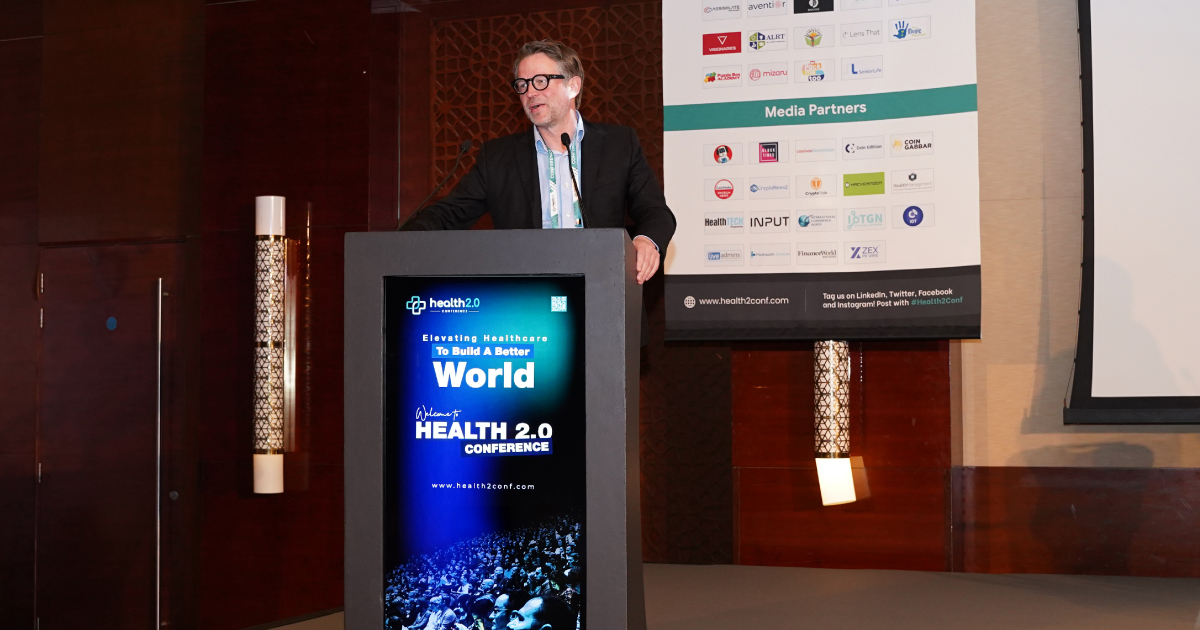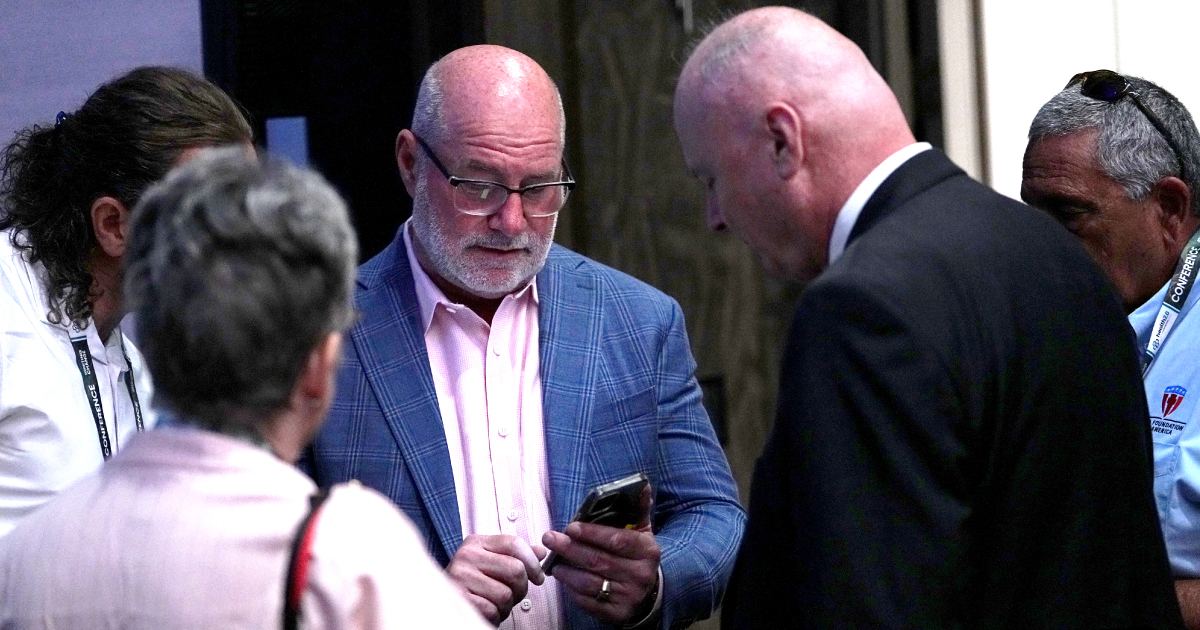Over the last two decades, mental health care has changed dramatically. There have been numerous changes, including the relocation of care into the community and the increased use of talking therapies. They've all had a significant positive impact on patients and mental health care.
People are more aware of common mental disorders such as depression and anxiety and are more willing to seek treatment from health professionals.
As discussed at the Health 2.0 Conference’s Spring Edition, the COVID-19 pandemic has resulted in unprecedented opportunities for innovation in mental health care, owing mainly to the rapid expansion of telehealth and increased demand for mental health services.
Most innovations have centered on increasing access to care, but this alone is unlikely to improve mental health. Experts believe meaningful change also depends on innovations that increase engagement, make integration with primary care more accessible, and place a premium on quality. A lot more needs to be done to ensure that people get the necessary attention and care they need to enhance their quality of mental well-being. Here’s a look:
Primary Care Integration
The mental health care system in the United States is fragmented. Nonetheless, promising evidence-based approaches to care integration are taking root. Efforts based on collaborative care principles are beginning to show promise in streamlining workflows and improving outcomes at scale. However, much more work is required.
At healthcare events in the USA, many experts have discussed how tech-enabled health coaches can create a seamless patient experience that integrates inpatient, outpatient, and pharmacy services.
Take On Serious Mental Illness
Although patients with severe mental illnesses, such as schizophrenia, bipolar disorder, and severe depression, tend to be the most expensive and challenging to treat, the vast majority of investments have backed companies that focus on wellness or the needs of patients with mild to moderate anxiety or depression. Because the population with mild-to-moderate mental health issues is more significant and better insured, this approach makes financial sense for entrepreneurs. However, ignoring the most seriously ill patients will limit mental health technology's public health impact.
We require digital solutions that combine clinical care, social support, assistance with employment and housing, and strategies to empower patients to live independently to coordinate recovery from severe mental illness.
Innovation Roadblocks
Organizations must overcome multiple barriers to innovate in mental health successfully. First, they must chart a course for reimbursement. As payers shift toward value-based care, providers will require more tools to measure outcomes and quality meaningfully.
Second, the field requires a regulatory framework. Companies pursuing mental health technologies may prioritize growth over quality and short-term gains over long-term clinical outcomes.
Third, businesses must gain the public's trust. Startups face a challenge in becoming the key innovators in health care due to public distrust of large technology companies. While they may be able to avoid some of the techlash, they must also deal with a culture that fundamentally encourages rapid growth to meet investor expectations.
Conclusion
The COVID-19 pandemic has taught us that healthcare can be rapidly and successfully transformed. The technology revolution has the potential to address this emerging public health need, but only if we focus innovation on the problems that matter and create incentives for success. To learn more about this arena, do register for Health 2.0 Conference’s Winter Edition in Las Vegas and Dubai.













